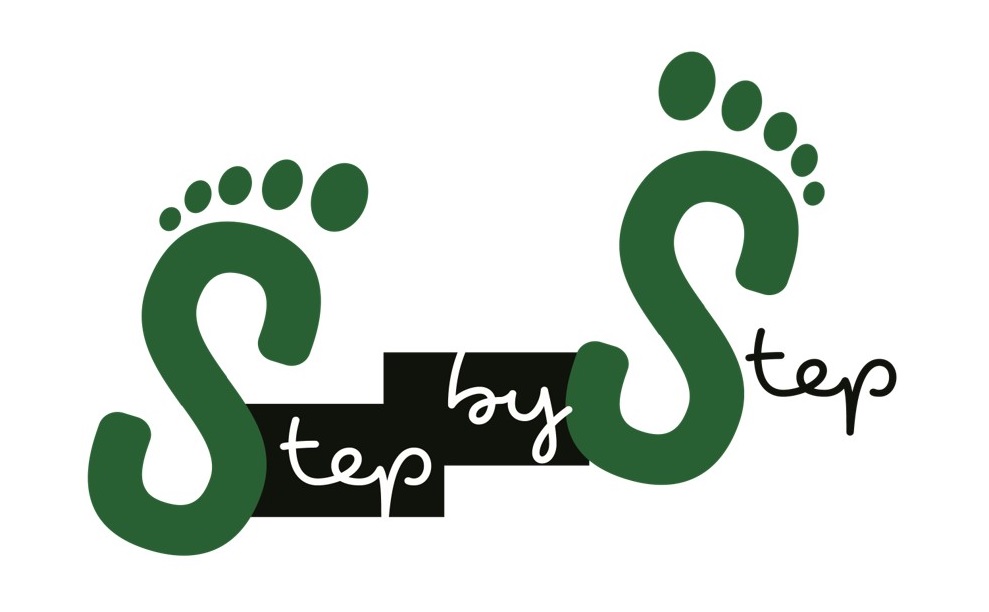Project Step-by-Step
A Pilot Project Supporting Refugees in the Initial Reception Center "Michaelisdorf" in Darmstadt
A broad variety of professional modules, based on the psychoanalytical and interdisciplinary trauma research on the one hand and socio-pedagogical and educational concepts on the other hand, has been intended to offer “first steps” as a sort of first aid in the initial refugee reception Michaelisdorf and to initiate “second steps” to support the immediate and sustaining integration into Germany at the same time.
Migration and flight are always related to hope for a better and safer life. At the same time it always includes loss and often also traumatic experiences. As many studies after World War II showed, the first experiences after traumatization are crucial. Therefore Step-by-Step aimed at an initial psychosocial support of vulnerable refugees. Offering a stable daily structure, which avoids inhabitants’ passivity and prevents from the re-activation of the traumatic experiences and the feeling of total helplessness is essential and also strengthens the later willingness to integrate. In order to foster social skills, each inhabitant received a daily offer for two hours (getting something) and in return provided actions according to the own abilities for two hours a day (giving something).
The project provided a variety of psychoanalytic and socio-pedagogic group offerings as well as offerings for individuals in close cooperation with the teams of the institution. The focus was on children, adolescents, women, families, and traumatized persons as vulnerable groups. The psychosocial support aimed at the processing of acute traumatization as well as at the prevention of intergenerational transmission of trauma. Moreover, it is important especially for children and adolescents to perceive the initial refugee reception as a secure and child friendly space. Therefore, learning and playing opportunities as well as the possibility of active participation have to be provided.
In order to prevent a re-traumatization an active attitude of „receiving“ and „giving“ and participation in the community in the Michaelisdorf (February 2016 to April 2017) was supported from the beginning – while cooperating with the teams in the institution continuously.

Selected Publications
- Iranee, N., & Andresen, S. (2016). (Sichere) Räume für Kinder in Flüchtlingsheimen schaffen. Eindrücke aus einem Praxisprojekt mit geflüchteten Kindern und Jugendlichen. Kinderschutz in Wissenschaft und Praxis, 4/2016, 134–137.
- Leuzinger-Bohleber, M., Rickmeyer, C., Lebiger-Vogel, J., Fritzemeyer, K., Tahiri, M., & Hettich, N. (2016). Frühe Elternschaft bei traumatisierten Migranten und Geflüchteten und ihre transgenerativen Folgen. Psychoanalytische Überlegungen zur Prävention. Psyche, 70(9-10), 949–976.
- Leuzinger-Bohleber, M., Rickmeyer, C., Tahiri, M., Hettich, N., & Fischmann, T. (2016). What can psychoanalysis contribute to the current refugee crisis? Preliminary reports from STEP-BY-STEP: A psychoanalytic pilot project for supporting refugees in a “first reception camp” and crisis interventions with traumatized refugees. The International Journal of Psychoanalsis, 97(4), 1077–1093. doi:10.1111/1745-8315.12542

